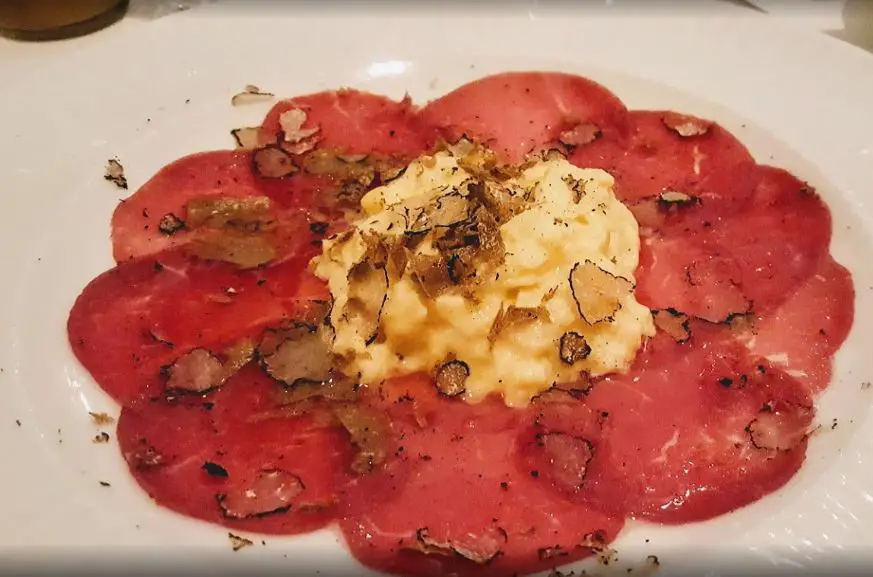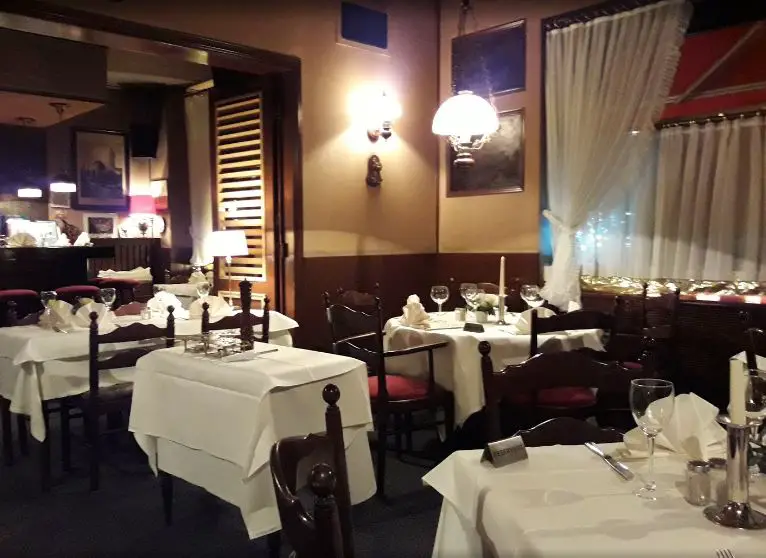What are the etiquette rules for dining with locals?
Post ByAdequate Travel
Summary
Dining with locals can be an exciting opportunity to learn about a new culture, customs, and cuisine. However, proper etiquette is key to making the experience enjoyable for all. In this blog, we will look at some etiquette rules to keep in mind when dining with locals.
Etiquette rules for dining with locals may vary depending on the country and culture. However, there are some general principles that can help ensure a positive and respectful dining experience. Here are the key aspects to consider:1. Table Manners:a. Wait to be seated: In many cultures, it is customary to be seated by the host or staff. Avoid rushing to a table without permission.b. Napkin usage: Watch how locals unfold their napkins and place them on their laps. Mimic their actions for appropriateness.c. Cutlery usage: Observe how locals use their cutlery and follow suit. Different countries have diverse practices regarding which hand to hold the fork or knife.d. Chew with your mouth closed: Chewing with your mouth open is generally considered impolite in many cultures.e. Pace yourself: Observe the speed at which locals eat and try to match it. Eating too fast or too slow might make you stand out.2. Politeness and Respect:a. Greeting and thanking: Start the meal by politely greeting everyone at the table. Throughout the meal, show appreciation for the food, the hosts, and the company.b. Use appropriate language: Refrain from using offensive language or discussing sensitive topics. It is always better to be respectful and polite in conversation.c. Keep your phone away: Unless it's necessary, avoid using your phone excessively during the meal. This shows respect towards the company and engagement with the present moment.d. Mind your space: When sharing dishes or passing plates, be mindful not to invade others' personal space or grab food inappropriately.3. Follow Local Customs:a. Observe seating arrangements: In certain cultures, seating arrangements are specific, such as assigned seats or particular orders. Pay attention to these cues and follow suit.b. Show interest in local cuisine: Try to be open-minded when it comes to tasting local dishes. It demonstrates respect and appreciation for the culture and cuisine.c. Food restrictions and allergies: Inform your hosts in advance about any dietary restrictions or allergies, so they can accommodate your needs without any discomfort.d. Pay the bill (in some cultures): In some cultures, the host or clearly stated policy may be responsible for paying the bill. Observing local customs regarding payment can avoid awkward situations.Examples:1. When dining with locals in France:- Wait to be seated and do not sit until the host indicates.- Place the napkin on your lap and use it as locals do.- Use a fork in your left hand and a knife in your right hand.- Keep your hands on the table but not your elbows.- Avoid talking loudly and chew with your mouth closed.2. When dining with locals in Japan:- Take off your shoes before entering a traditional Japanese-style restaurant or someone's home.- Say "Itadakimasu" before starting the meal, which means "I humbly receive" as a sign of gratitude.- Use chopsticks appropriately and avoid sticking them upright in your rice.- Avoid pouring soy sauce directly onto rice as it may be considered impolite.- Slurping noodles is acceptable and even considered an appreciation of the dish.Remember, every culture has its own dining etiquette, so it is essential to adapt and respect the customs of the locals to ensure a pleasant experience for all parties involved.As you prepare for your journey, familiarize yourself with the specific entry requirements, including any necessary visas or documentation.
Suggested Questions
- Schloss Mespelbrunn, Mespelbrunn: Horror Story, History & Paranomial Activities
- Ruine Falkenstein, Königswinter: Horror Story, History & Paranomial Activities
- Bückeburg Castle, Bückeburg: Horror Story, History & Paranomial Activities
- Weesenstein Castle, Müglitztal: Horror Story, History & Paranomial Activities
- Burgruine Hohenneuffen, Neuffen: Horror Story, History & Paranomial Activities
- Drachenburg Castle, Königswinter: Horror Story, History & Paranomial Activities











